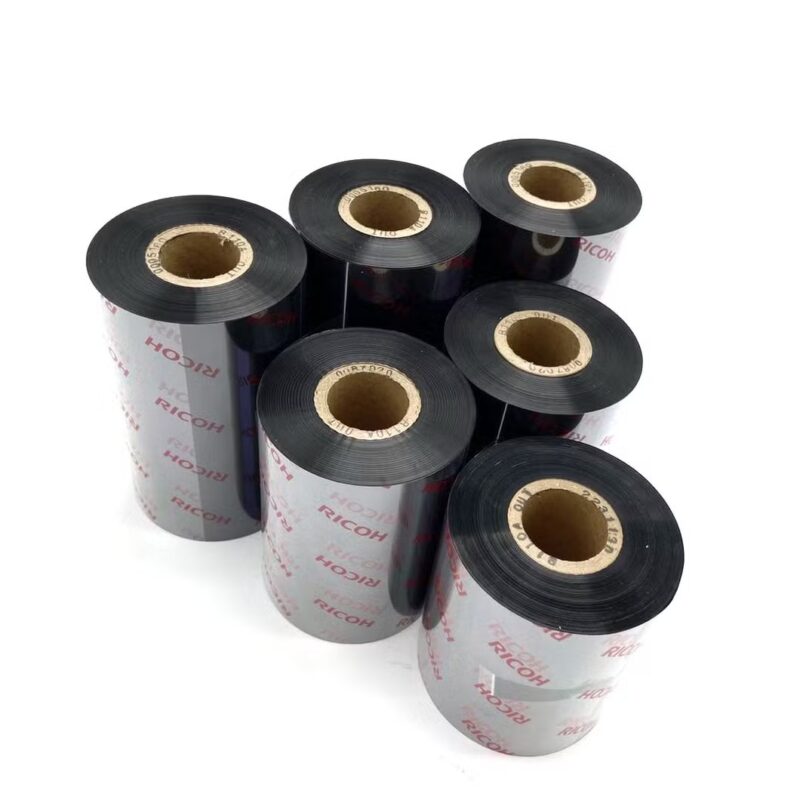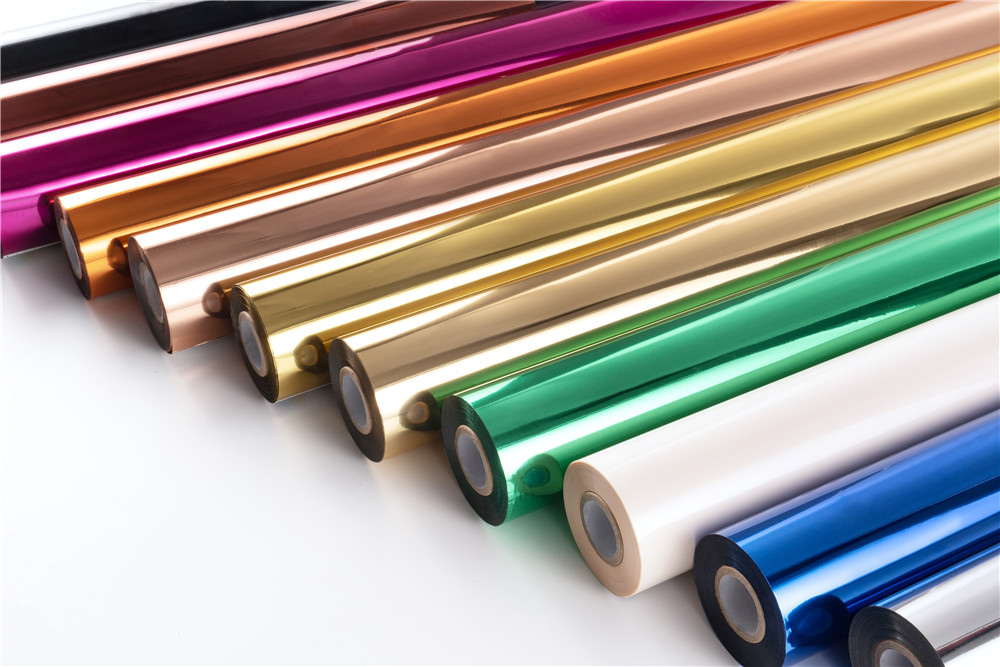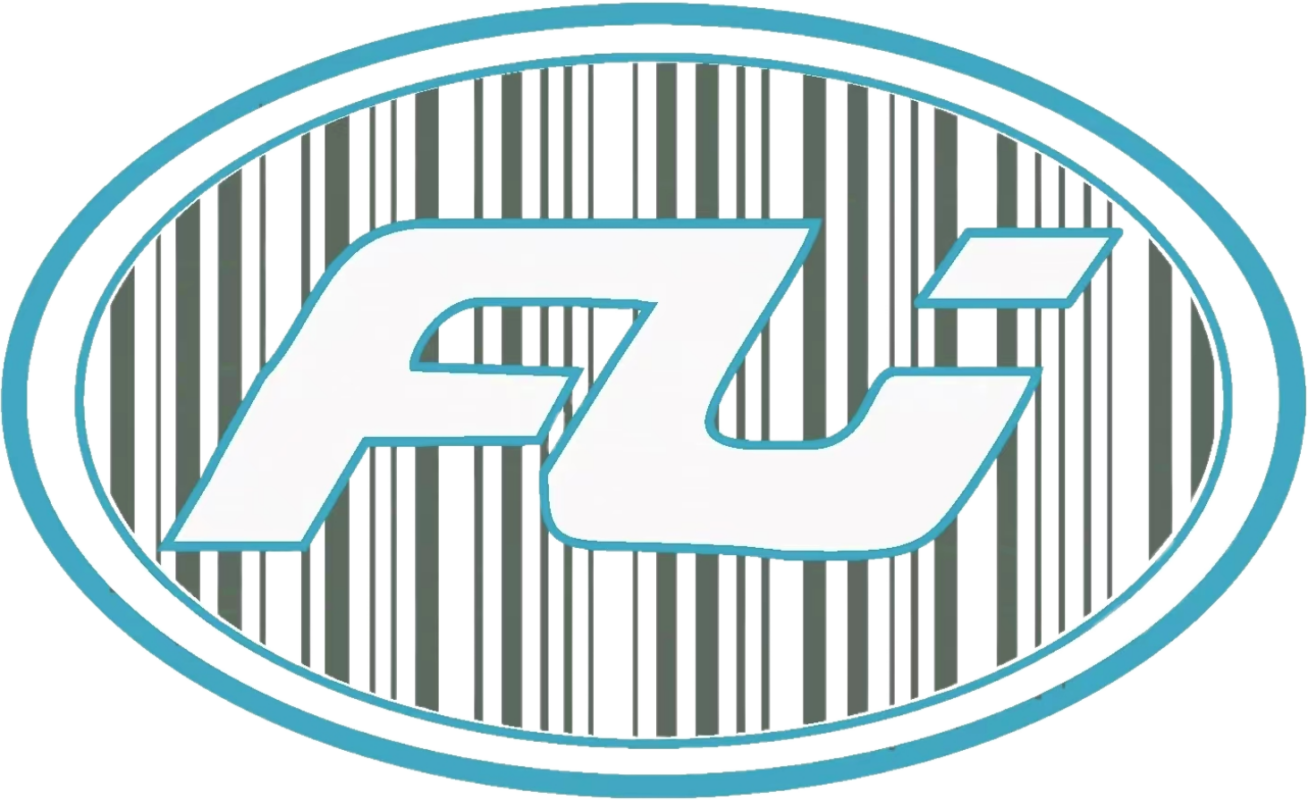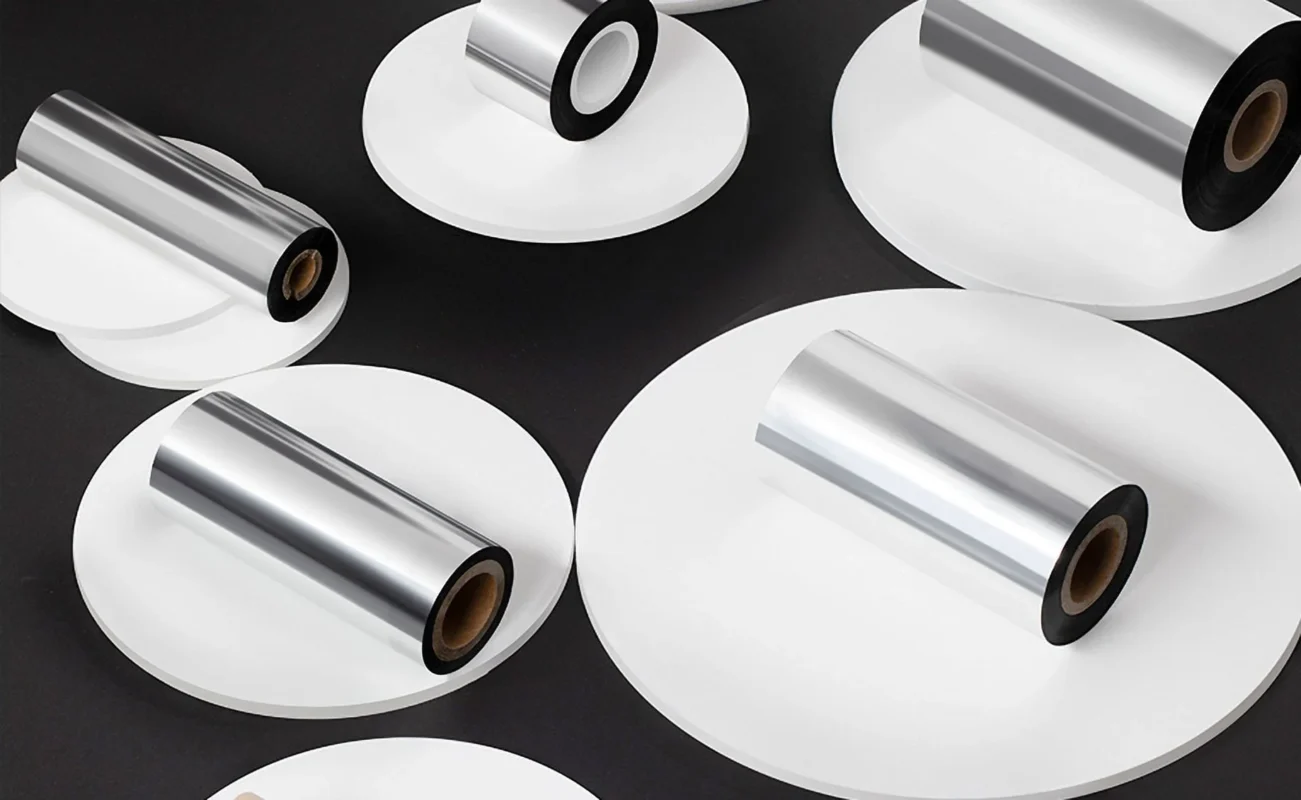Blog
Product Labels: A Complete Guide for Distributors, Resellers, and Buyers
The Label Shop is for everyone, and whether you are a reseller, distributor, or buyer, this article is for you!
Product labels are an important feature of many types of businesses, especially those that provide physical products to the consumer. It can help you to enhance your brand, your sales, or even provide essential information to your staff and customers, all of which is needed for your business to flourish and operate.
For people in wholesale or distribution business, labels are very useful as they make your products more professional, recognizable, and polished. There is a large range of labels for businesses, including those for food and retail packaging to shipping labels, they are perfect for selling merchandise and standing out to your potential clients.
This is your ultimate guide for product labels, covering information including the benefits of product labels, the different types of labels, tips for design, and how to use labels in your business. If you are a distributor, reseller, or buyer that wants to learn more about labels for products then read on.
What Are Product Labels?
A product label is a printed material such as paper, plastic, or metal, that is attached to the product itself or to the packaging of the product. It is used to communicate important information about the product to the customer, and is often designed to be visually appealing and match the brand of the business.
Product labels can include information such as the name of the product, the brand logo and identity, a description of the product and its features, instructions for use or care, and other details such as barcodes or regulatory information.
Product labels can be used for a wide range of purposes, including:
- Branding and displaying the logo and company identity
- Communicating information about the product or its ingredients
- Marketing and promotions
- Identifying the product and providing traceability
- Safety and regulatory compliance
In general, product labels should be clear, informative, and visually appealing, and they should be designed in a way that is appropriate for the product and the market in which it will be sold.
Why Are Product Labels Important for Businesses?
Product labels are especially important for distributors, resellers, and buyers for a few reasons:
- Branding and identity: Product labels allow you to reinforce your brand identity by displaying your logo, brand colors, and messaging. This makes your products recognizable and memorable to customers, which can help build brand loyalty.
- Communication: Product labels provide a way to communicate important information to customers, such as product ingredients, usage instructions, or safety warnings. This can help customers make informed purchasing decisions and feel more confident in their choice.
- Marketing and promotions: Product labels can also be used as a marketing tool, by including special offers, discounts, or new product announcements. This can help grab customer’s attention and drive sales.
- Compliance: Product labels can help you ensure that your products meet regulatory requirements by including necessary information such as nutritional information, expiration dates, or safety instructions.
In short, product labels can play a key role in branding, marketing, sales, and operational efficiency of your business.

Types of Product Labels
Product labels can take various forms to suit the different needs of businesses, industries, and products. Here are the most common types of product labels:
1. Brand Labels
- Description: A brand label is designed to prominently display the brand logo and identity.
- Uses: Brand labels are used for clothing, accessories, food and beverage packaging, and more.
- Benefits: Helps to reinforce brand recognition and loyalty.
2. Informative Labels
- Description: Informative labels provide essential information about the product such as ingredients, usage instructions, or safety warnings.
- Uses: Used for food, beverage, cosmetics, and household products.
- Benefits: Builds customer trust and ensures compliance.
3. Promotional Labels
- Description: Promotional labels highlight special offers, discounts, or new product launches.
- Uses: Ideal for retail stores and marketing campaigns.
- Benefits: Attracts attention and drives sales.
4. Eco-Friendly Labels
- Description: Eco-friendly labels are made from sustainable materials and emphasize environmental responsibility.
- Uses: Perfect for eco-conscious brands and products.
- Benefits: Appeals to environmentally-aware consumers.
5. Barcode and QR Code Labels
- Description: Barcode and QR code labels include barcodes or QR codes for tracking and scanning.
- Uses: Common in logistics, inventory management, and retail.
- Benefits: Improves operational efficiency and traceability.
6. Tamper-Evident Labels
- Description: Tamper-evident labels show evidence of tampering when opened or removed.
- Uses: For pharmaceuticals, electronics, and high-value items.
- Benefits: Ensures product safety and builds customer confidence.
Benefits of Using High-Quality Product Labels
Using high-quality product labels for your business has several benefits. They are worth considering when purchasing or creating labels for your products. Some of the most important advantages of high-quality product labels are:
- Professional appearance: High-quality labels give your products a professional and polished look, increasing perceived value.
- Increased shelf appeal: Attractive labels can make your products stand out on shelves, drawing the eye of potential customers.
- Better customer communication: Product labels provide an opportunity to communicate with your customers, share product details, brand story, or promotional offers.
- Improved durability: High-quality labels are made from materials that last longer and withstand the elements, ensuring your branding and information stays intact.
- Regulatory compliance: High-quality labels are designed to meet regulatory requirements, ensuring that all information is presented clearly and accurately to avoid legal issues.
Applications of Product Labels
Product labels can be used in a wide variety of industries and for different purposes. Some of the most common applications of product labels include:
- Food and Beverage Industry: Product labels for bottles, cans, jars, and other types of food and beverage packaging. They provide information such as nutritional facts, ingredients, expiration dates, and branding.
- Retail and E-commerce: Price tags, promotional stickers, and product packaging labels used in physical and online retail stores to enhance product presentation and attract customers.
- Cosmetics and Personal Care: Labels for beauty products, skincare items, perfumes, and other cosmetics. Product labels communicate brand identity and product details.
- Pharmaceuticals: Labels for medicine bottles, boxes, and blister packs. Product labels ensure safety and compliance with regulatory standards.
- Logistics and Shipping: Shipping labels, barcodes, and tracking information labels used in logistics and shipping industries for supply chain and traceability purposes.
In general, product labels can be used for branding, marketing, information sharing, and regulatory compliance across various industries.
How to Design Effective Product Labels
Designing effective product labels involves a combination of creativity and strategy. Here are some tips to help you create product labels that work:
- Know Your Audience: Understand your target customers’ preferences and expectations. Design labels that resonate with them and meet their needs.
- Focus on Clarity: Make sure that all text and graphics on the label are clear, legible, and easy to understand.
- Highlight Key Information: Prioritize the most important details, such as the product name, key benefits, or promotional offers.
- Choose the Right Materials: Select materials that suit the product’s environment, such as waterproof labels for beverages, or tamper-evident labels for pharmaceuticals.
- Incorporate Branding Elements: Use consistent fonts, colors, and logos to reinforce brand identity.
- Test Your Design: Print a sample and evaluate the label’s appearance and functionality before mass production.

Conclusion
Product labels are an important feature for many businesses and they are often used for purposes such as branding, marketing, sales, and operational efficiency. Product labels can take different forms to suit the needs of different industries, products, and applications. Some of the most common types of product labels include brand labels, informative labels, promotional labels, eco-friendly labels, barcode and QR code labels, and tamper-evident labels.
In general, product labels provide many benefits for businesses including professional appearance, increased shelf appeal, better customer communication, improved durability, and regulatory compliance. Product labels can be used in a wide variety of industries and for different purposes, including the food and beverage industry, retail and e-commerce, cosmetics and personal care, pharmaceuticals, and logistics and shipping.
Designing effective product labels requires a combination of creativity and strategy, and following some tips such as knowing your audience, focusing on clarity, highlighting key information, choosing the right materials, incorporating branding elements, and testing your design can help you create product labels that are both visually appealing and functional.
If you are a distributor, reseller, or buyer looking to learn more about product labels or want to get high-quality product labels tailored to your business needs, we are here to help. Contact us today to get started.
Frequently Asked Questions (FAQs)
- What are product labels?
Product labels are materials attached to products or packaging that provide information such as branding, usage instructions, and regulatory details.
- Why are product labels important?
Product labels are important because they can help businesses enhance their branding, provide essential information, ensure compliance with regulations, and improve operational efficiency.
- What types of product labels are available?
There are several types of product labels, including brand labels, informative labels, promotional labels, eco-friendly labels, barcode labels, and tamper-evident labels.
- How can product labels boost sales?
Product labels can boost sales by grabbing the customer’s attention, enhancing product appeal, and communicating key benefits or promotional offers to drive purchasing decisions.
- Where can I get high-quality product labels?
You can contact us to get high-quality product labels designed by professionals and tailored to your business needs.
Contact Us
Want high-quality product labels for your business? Contact us today to learn more or place an order!
📩 sales@foyottr.com
📞 Tel: +86-592-6018320
🌐 https://foyottr.com/
Visit our Contact Page to get started or request a quote today.

